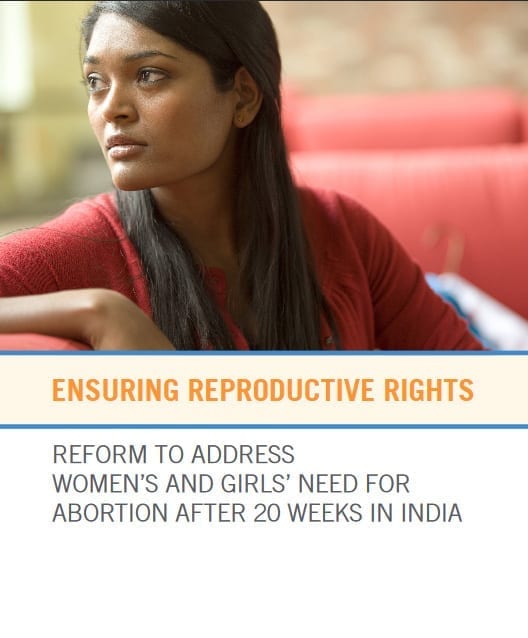Manila City’s Contraception Ban
In 2000, Executive Order 003 was introduced by former Mayor José “Lito” Atienza of Manila City. It effectively prohibits the use and provision of modern contraception.
Because of the contraception ban, public health centers in Manila City are prohibited from providing condoms, birth control pills, or other forms of “artificial” contraceptives and related information. The ban favors the promotion of “natural” family planning in order to advance “morals,” but its consequences have been grim, especially for poor families. The policy has exposed countless women to unintended pregnancies, compromising their health and driving their families deeper into poverty .
The Philippine Supreme Court Rules in Favor of Ideology
In collaboration with attorneys Harry Roque of Roque and Butuyan Law Offices and Elizabeth Pangalangan of ReproCen at the University of the Philippines, the Center for Reproductive Rights and 20 Manila-based women and men filed Lourdes Osil et al. v. Office of the Mayor of the City of Manila. The case challenges the constitutionality of the ban, arguing that the ideologically driven policy constitutes a violation of the Philippines’ obligations under international law, as well as the fundamental human rights of the city’s residents as protected under the Philippines Constitution and international law.
Originally filed in the Philippine Court of Appeals in January 2008, Lourdes Osil was dismissed four months later. When a request to reconsider was denied, the petitioners filed an appeal before the Supreme Court in September 2008. Before the end of the year, the Supreme Court surprisingly dismissed the appeal on technical grounds — that only 19 of the 20 petitioners had signed a pro-forma document certifying the case had been brought to the Supreme Court in good faith. The Court ruled thus even though Court precedent determines that the appropriate course of action in such cases is merely to disjoin the non-signing petitioner, the Court also ignored a request to issue a temporary restraining order and/or writ of preliminary injunction. This decision was made without granting a hearing, as is required by law.
“This decision tramples on women’s fundamental rights in favor of the right of religious zealots to impose their ‘values’ on others,” said Elizabeth Pangalangan, attorney for the plaintiffs.
Lourdes Osil was re-filed in April 2009 at the Regional Trial Court in Manila City. The City subsequently filed a motion to dismiss on the grounds that the ban had already been revoked in 2008 with the issuance of another executive order. For an executive order to be effective it must be published in the official gazette or in a newspaper of wide circulation, the City pointed to an article in the Manila Standard in which a reporter noted that a new order had been introduced. Attorneys Pangalangan and Roque filed a reply to the City’s motion to dismiss, arguing that the venue of publication, did not meet the legal standard for official publication of an executive order. The local government has since tried to invoke new arguments to get the case dismissed. The Court is expected to make a decision soon.
It is imperative that the ban be officially revoked, especially in light of Mayor Alfredo Lim’s position on contraception. Although a proposed reproductive health bill currently under consideration by lawmakers, House Bill No. 5043, contains a provision that would automatically nullify the ban, public statements by the Mayor reveal he has no intention of abiding by this new law if passed. In a December 3, 2008 speech, Mayor Lim stated that he is “against the passage of House Bill No. 5043.” Indeed, he further specified his intention to purposefully contravene this prospective new law, saying in the case that “the bill is passed and approved to become a law, the City of Manila will not follow its provision wherein the local government units will buy contraceptives using taxpayer’s money.”


